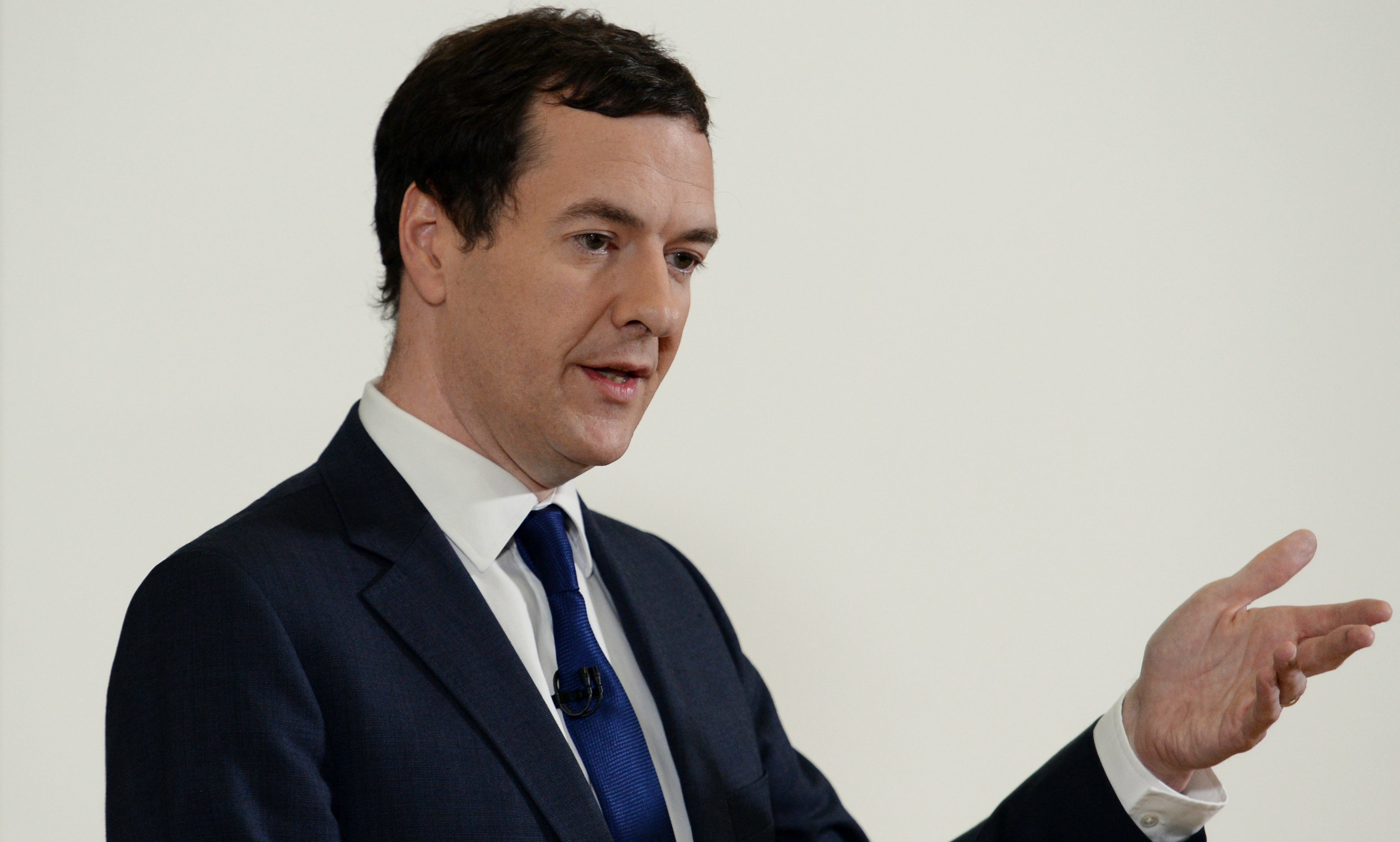An emergency budget to deal with the fallout from the referendum vote to leave the EU looks unlikely to take place until the autumn, as Chancellor George Osborne said it was better to delay action to shore up the public finances until a new prime minister is in place.
In an early-morning statement at the Treasury designed to calm market anxieties after the pound fell a further 2% against the US dollar in overnight trading, Mr Osborne insisted that the UK economy is “about as strong as it could be to confront the challenge our country now faces” and said Britain remains “open for business”.
https://www.youtube.com/watch?v=0C8x6KdRgtw
Following talks over the weekend with Bank of England Governor Mark Carney and fellow finance ministers and international economic organisations, Mr Osborne said that “further well-thought through contingency plans” were ready to be deployed if needed in response to further volatility.
Mr Osborne – who has kept a low public profile since the Brexit vote – said it was “inevitable” that the UK economy would face an “adjustment” in the wake of the Brexit vote, though he steered clear of repeating explicit warnings of recession made during the referendum campaign.
The Chancellor said: “It will not be plain sailing in the days ahead. But let me be clear – you should not underestimate our resolve.
“We were prepared for the unexpected and we are equipped for whatever happens. And we are determined that, unlike eight years ago, our financial system will help our country deal with any shocks and dampen them, not contribute to those shocks or make them worse.”
The Chancellor’s intervention came ahead of the opening of markets in London, as Boris Johnson broke cover in a bid to start healing Tory wounds ripped open by the bitter referendum battle.
Mr Johnson, the frontrunner to replace David Cameron for PM, used an article in the Daily Telegraph to insist that Britain would not turn its back on Europe and would be able to introduce a points-based immigration system while maintaining access to the Single Market.
Mr Cameron was due to chair an emergency Cabinet meeting, while US secretary of state John Kerry was visiting London and Brussels for talks on the fallout from the vote.
Meanwhile, Labour leader Jeremy Corbyn was insisting he will not stand down in the face of a rebellion which saw 11 members of the shadow cabinet quit following the sacking of Hilary Benn as shadow foreign secretary.



